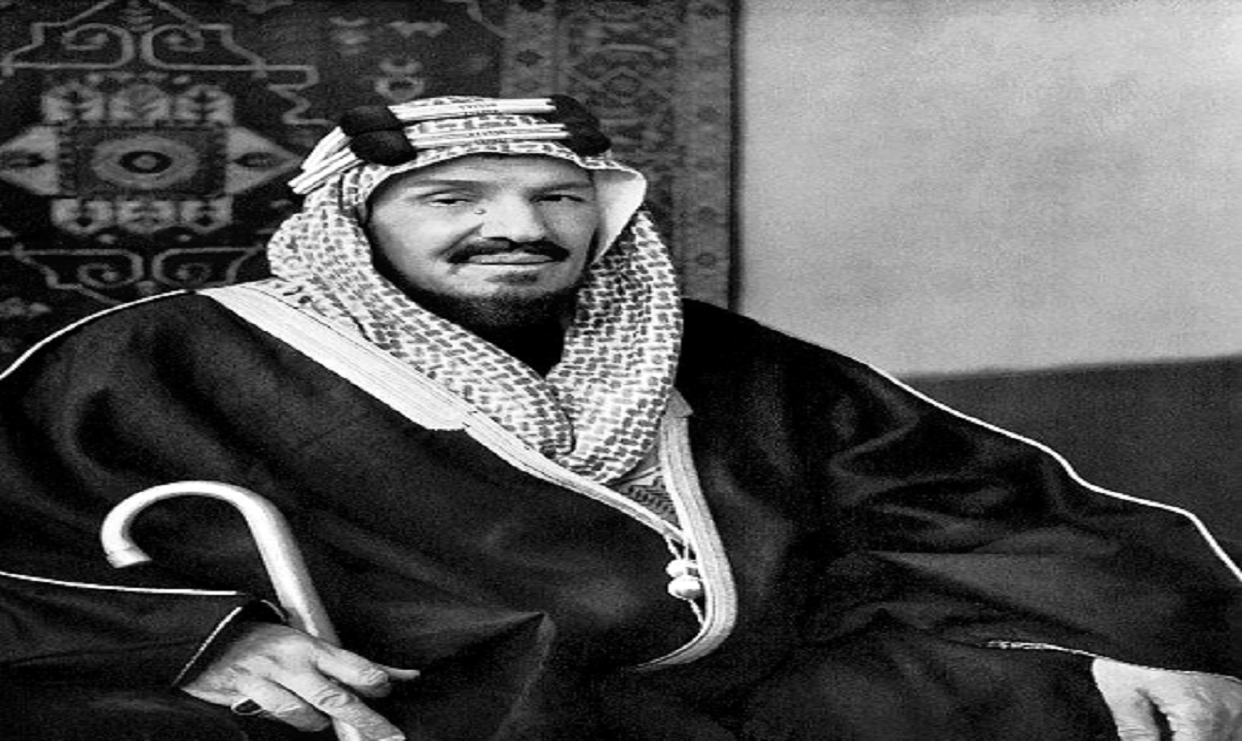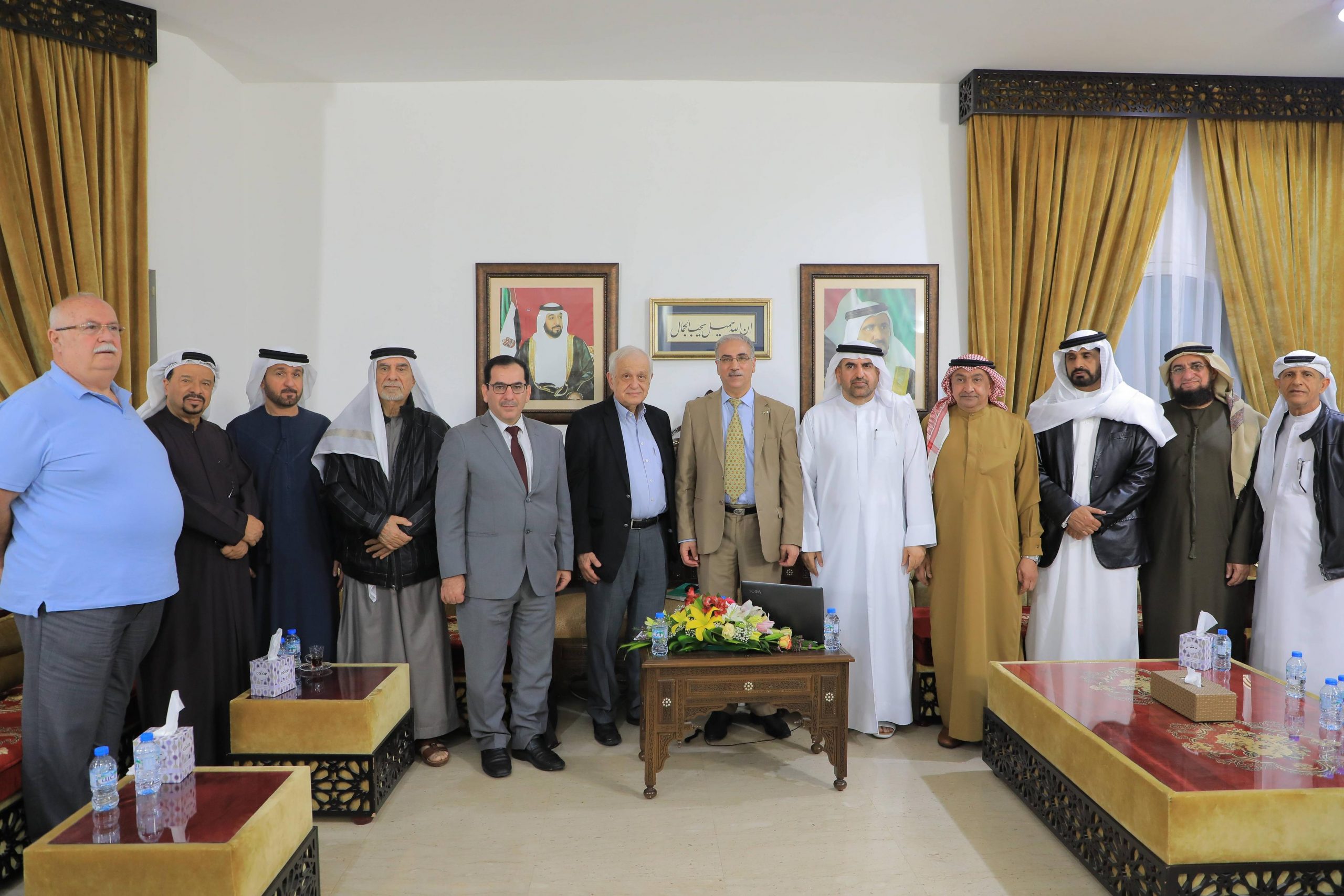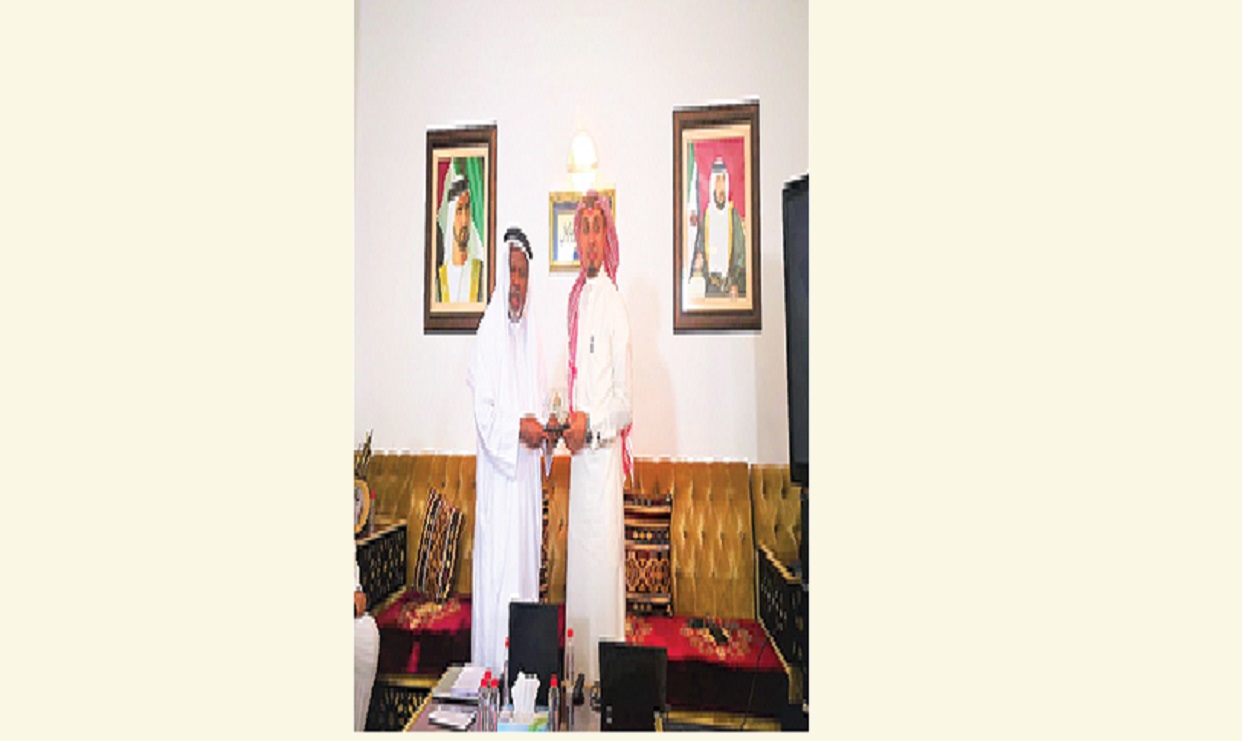1,462 عدد المشاهدات
Jamal Bin Huwaireb
It is not possible to talk about the future in isolation from the present, and it is not correct to talk about a successful and prospering present in isolation from the past. Time is a chain of connected rings, and any separation or interruption among them will lead to a crack in the memory. This would give a distorted picture of time that does not express the integration- one of the cosmic ways upon which this universe was created, and which God made them original anchors in the human nature on this earth.
History – like historiographers – should take pride in the fact that it is the source of lessons and examples that serve as a torch to enlighten the coming days. Ordinary people do not have the experiences gained by a historiographer for they overlooked the past events of ancient times. Hence Cicero says: “History is truly the witness of times past, the light of truth, the life of memory, the teacher of life and the messenger of antiquity.”
How beautiful is the title, which carries within it these meanings, that Ibn Khaldun gave to his book: Kitāb al-ʻIbar wa-Dīwān al-Mubtadaʼ wa-l-Khabar fī Taʼrīkh al-ʻArab wa-l-Barbar wa-Man ʻĀṣarahum min Dhawī ash-Shaʼn al-Akbār “Book of Lessons, Record of Beginnings and Events in the History of the Arabs and the Berbers and Their Powerful Contemporaries”.
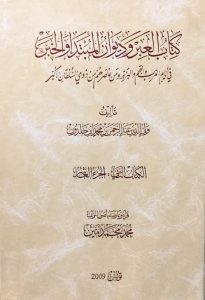
I wouldn’t repeat my grandfather’s mistake
An allegation is only approved with evidence substantiating its validity. Here, I tell a story that shows the importance of knowing the history. In 1902, King Abdulaziz Al Saud entered Riyadh, and began to establish the Third Saudi State. Former ruler of Najd, Riyadh, and Hail, Abdul Aziz al-Miteb Al Rashid, wanted to invade Riyadh.
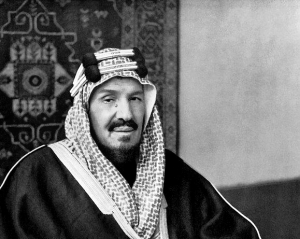
Abdul Aziz Al Saud was very young at the time but well aware of history. He said to his family: ”Get out of Riyadh, I wouldn’t repeat my grandfather’s mistake when he was trapped in the Diriyah. They asked him to leave Diriyah when the armies of Ibrahim Pasha surrounded him, and he did not leave. He said: I will be entrenched in Diriyah. So, what happened? They destroyed Diriyah, where he, his family uncles and everyone in Diriyah were taken prisoners. Some were killed and some were exiled, marking the end of the First Saudi State.
Between the years 1902-1903, young Abdul Aziz Al Saud benefited from the lessons of history. He said: “We will go out to the desert”. He went to the desert, so what will Al Rashid fight in the desert? Al Rashid returned and could not beat Abdul Aziz.
Learning by example
History, then, is the witness of past times, and the light of facts through which you distinguish your enemy from your friend. It is the life of memory and teaches man, institutions, companies, governments, elders and kings. It is the messenger of antiquity for it is the remains of past times.
Through history, we can benefit from the experiences of the ancients, be prepared for the fluctuations of time, and look to the future. It prompts us to consider, emulate and compare, a thing of great importance in building individuals and nations.
Learning by example is one of the most advanced ways of self-improvement. Dissociation from history leads us to separate the present from the past, and keeps generations away from their ancestors’ past. They, thus miss the chance to learn lessons from past events that can be useful and a means of measurement in their present and future, as measurement is one of the finest methods of deduction and consideration.
All of this is accrued from the benefits of historiography, and these benefits will only be achieved by summoning all potentials to serve the history of our country, in various ways; with authorship, scientific research, and media production in all its forms. If we do not produce historical series, documentaries, YouTube videos, magazines, and historical books, how can our history remain in the future?
Al-Majidi bin Dhaher
We watched a series of Al-Majidi bin Dhaher, who is the most important poetic figure in the UAE. Unfortunately, this series has not done justice to this eminent figure; neither the style is correct, nor the language is correct. Reciting the verses is not correct, and the accent is not even precise.
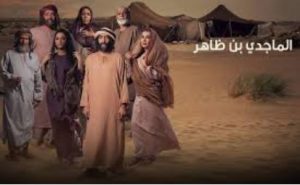
In addition, the actors’ behavior with the camel does not amount to the Bedouin style; women do not ride camels like men do. Moreover, the way actors deal with camels is not correct or similar to the way the Bedouin do. The way of carrying the stick, holding the halter, setting up the saddle and making the camel kneel down are all incorrect.
They also made a mistake in choosing the outfits and costumes, and reciting the verses was poor. The construction of goat hair and palm tents is irrelevant to historical reality. The series did not consider the peculiarities of our heritage; for instance, the Emirati Bedouin does not build a house open from the front.
Our writers, TV channels and archives need assistance. Without concerted efforts and professional teamwork, we cannot serve our history and heritage in a manner appropriate for our state that outpaced the nations and reached the sky.


